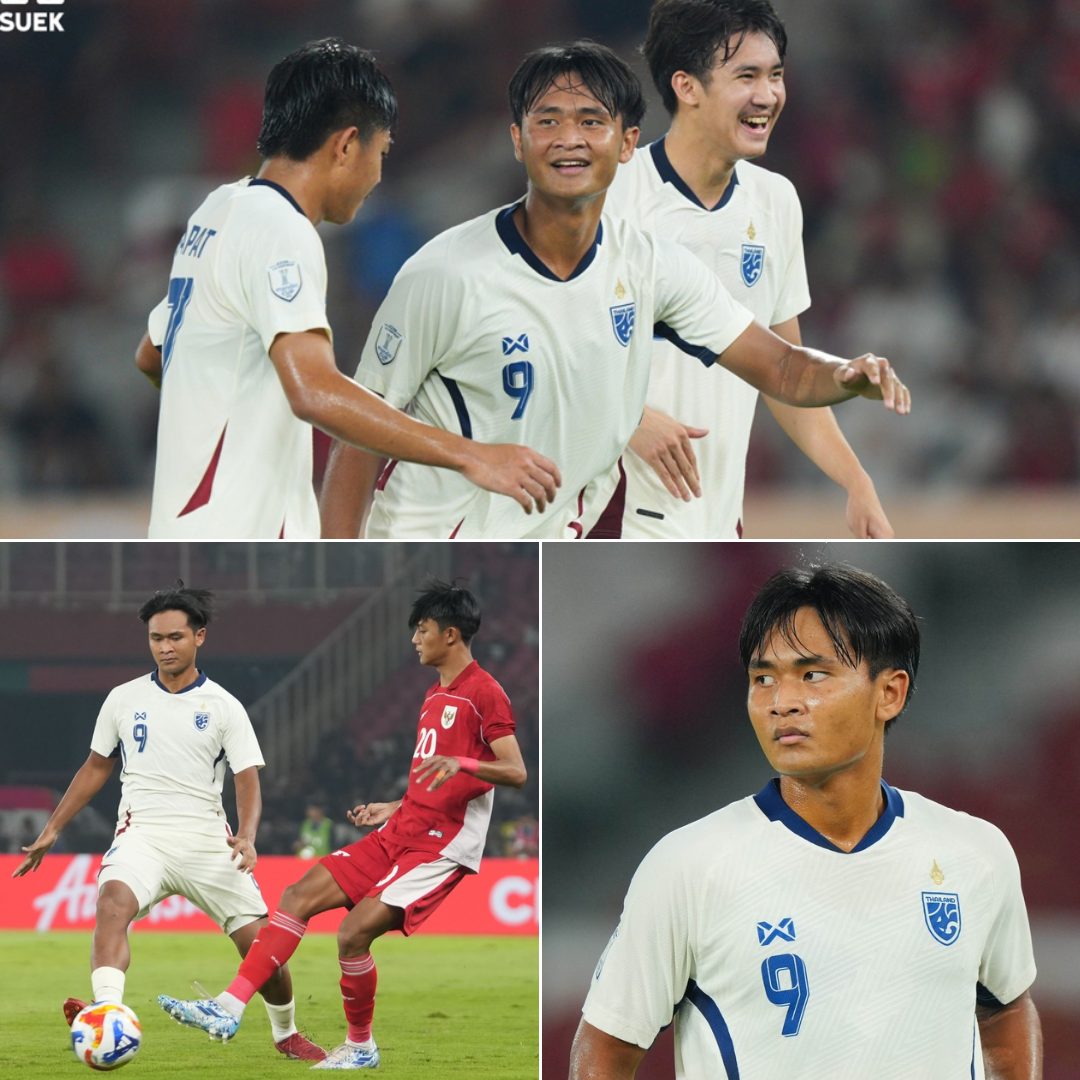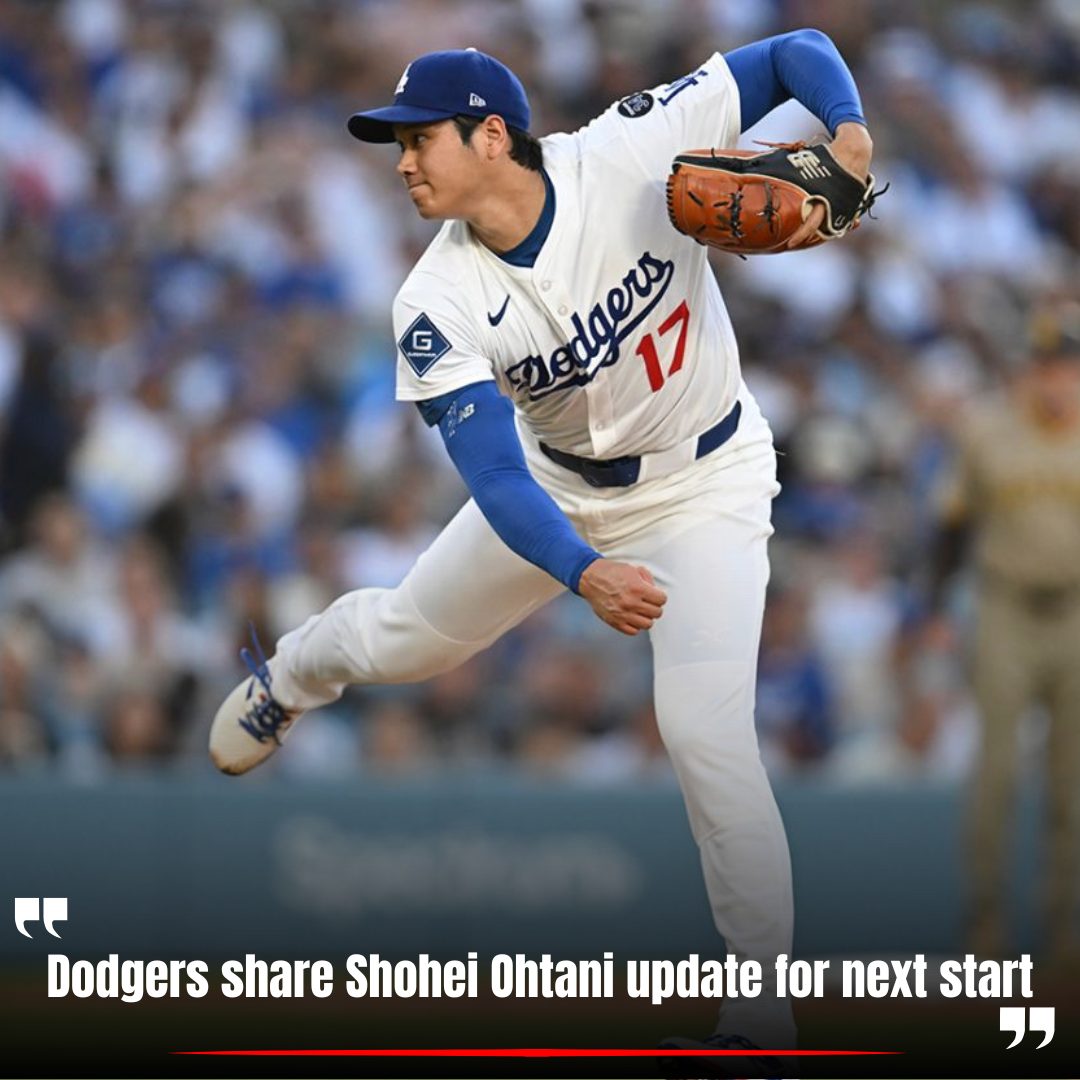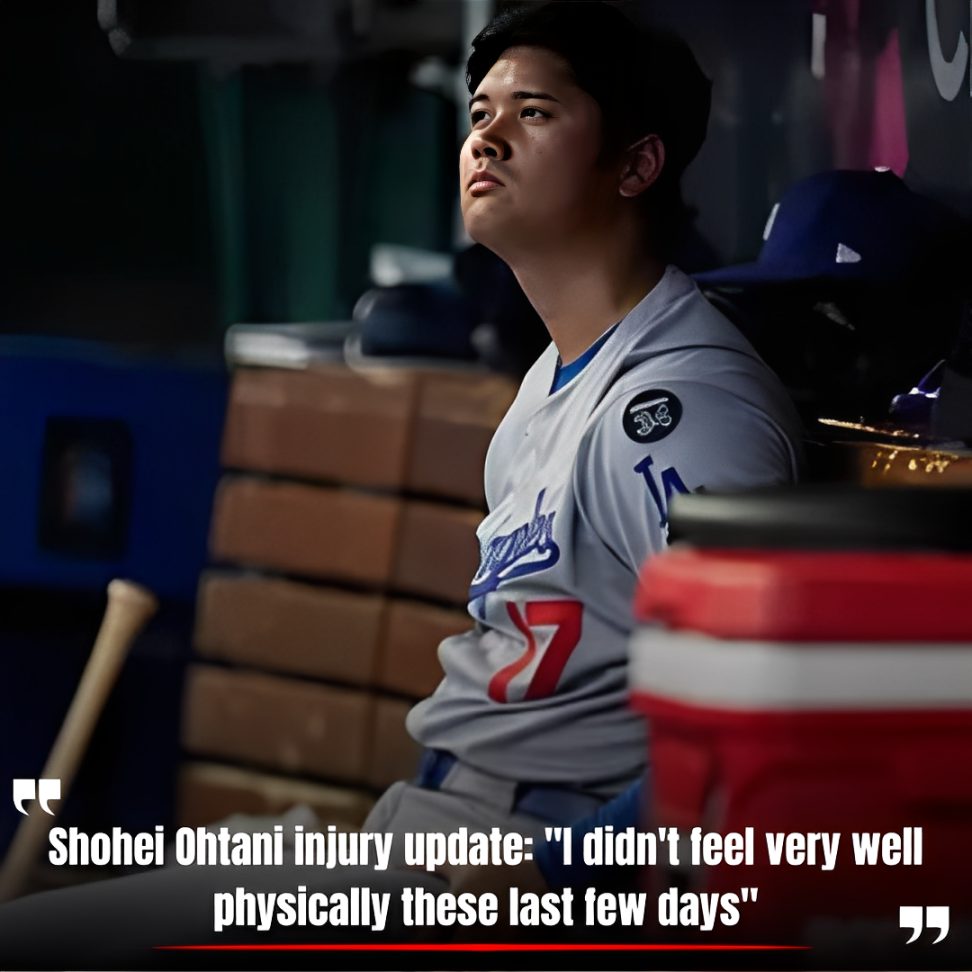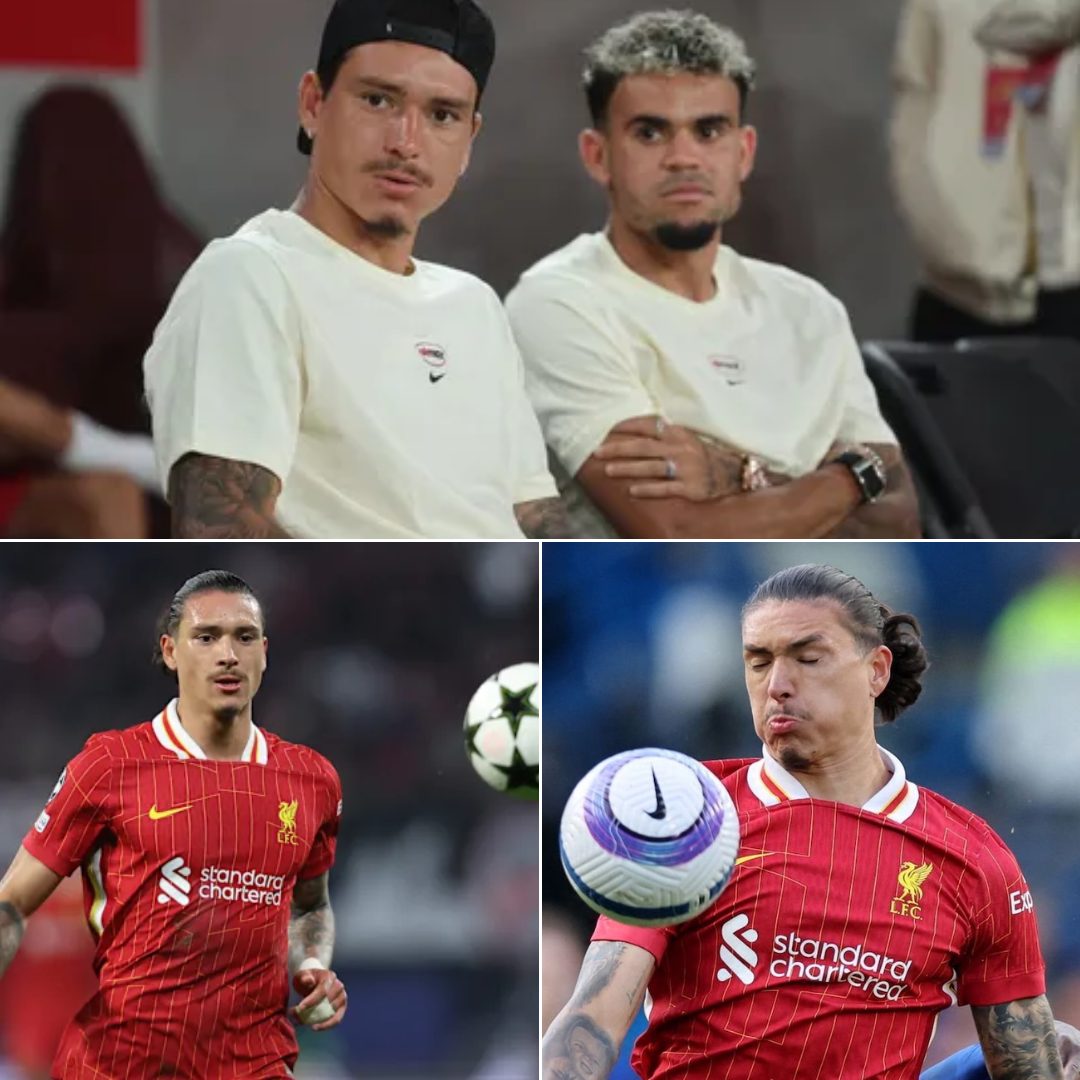There is a cliched belief that it takes a coach three years to build a team – and this is usually why coaches sign on for such a period.
The first year is usually a period of transition from the previous coach, the second sees the side make strides forward as the coach has a team closer to their vision and game plan, and then the final year sees the side hit its strides, with two years to establish a squad and buy-in for the vision and game plan.
When it all comes together, the third year should be when you are at your strongest, it should be your best possible shot to win a title.
Granted, this frequently isn’t a perfect theory, such as Ewen McKenzie and Michael Cheika both winning titles in their second seasons at the Reds and Waratahs, respectively; or it can take longer if the side needs more time, such as Jamie Joseph at the Highlanders.
Generally speaking though, after showing promise for several years, there does come a tipping point where the title finally arrives, or where doubt grows – which brings us to the Brumbies.
The discourse of what’s been going on off the park has dominated the organisation since the end of the 2024 season, amid stories of financial struggle and the challenges of appealing to the ACT public – which culminated in the side becoming the second club to sign a partnership agreement with Rugby Australia.
The challenges off the field seem almost completely at odds with what has happened on the paddock this year.
A strong academy program has culminated in back-to-back U19s titles, with 23 of the 34 players playing their rugby in Canberra: suggesting a new generation of local stars is ready to step up.
The Super Rugby Women’s side has made significant progress over the last two years making back-to-back semi-finals, and have pulled a major coup by signing the internationally renowned Andy Friend as their head coach next year.
And finally, for the last six years, the senior men’s side has been the benchmark for Australian provincial teams, consistently making finals – with a Super Rugby AU title thrown in good measure.

The Brumbies during their ANZAC Day clash against the Hurricanes at GIO Stadium. (Photo by Mark Metcalfe/Getty Images)
Up until 2024, in a competition dominated by New Zealand sides, the Brumbies have felt like the Aussie anomaly, enjoying an imposing record at home and, without fail, always making it to the top four – and yet, to get beyond that has felt like a mountain in itself.
Next year, Stephen Larkham will enter his third year in charge since returning to replace Dan McKellar. The question is, can the Brumbies finally take that extra step and make it to a grand final? Can they win a title? Or, have the Brumbies, under Bernie, hit their ceiling?
If these questions feel like a case of deja vu, they probably are: these were the same questions that were asked this time last year, where it felt like the Brumbies were searching for that extra gear that could take them to a title.
While the same semi-final finish suggests stagnation, the Brumbies did improve in 2024. They conceded far fewer points year on year, while maintaining much of their attacking momentum, and critically, won more games.
Unlike 2023, where Wallaby squad rotations saw the side lose critical matches, 2024 saw the side able to put away teams consistently, ending the regular season with 12 wins and two losses, with only bonus points separating them from the top-placed Blues and Hurricanes.
The game plan also expanded: while the Brumbies would rely on their traditional set piece and rolling maul strengths, many teams, now privy to it, come into games ready to tackle the set piece head-on.
The result saw the Brumbies turn to more attacking backline weapons with a broader running rugby game – and this result played into the approach of players like Tom Wright and Corey Toole, both players cracking the top ten for the most number of tries in the season.
They could also choke sides more effectively, with Noah Lolesio improving his conversion and penalty game dramatically – with an 87% conversion rate and 150 points for the season – the second-highest for the entire competition.
Adding this dimension to their classic fundamentals made them a tough side to crack – with many of their matches becoming attritional battles that would eventually see the Brumbies push ahead in the back quarter, eerily reminiscent of many Kiwi sides.
This saw the Brumbies score 60 tries (fifth most in the competition), achieve 86 clean breaks (fifth most), and win 97% of their rucks (equal first) while also holding onto their traditional set piece strengths, winning 87.1% of their lineouts (fourth best).
However, we cannot talk about the 2024 Brumbies without discussing the elephant in the room. While the side won far more than they lost, when did lose, they lost hard – being a 46-12 Chiefs loss, a 46-7 Blues loss, and finally, a 34-20 Blues loss in the semi-finals.
It is a testament that the only two teams capable of beating the Brumbies were teams that made it to the final, yet this is a microcosm of the Brumbies issues as a whole – they couldn’t take that final step.

The Brumbies were blown away twice by the Blues in 2024. (Photo by Phil Walter/Getty Images)
With the Brumbies’ clear strengths identified, the Blues and Chiefs identified two key ways to break down the Canberra side – targeting the physical contest in general play, and stifling momentum at key parts of the set piece – especially the scrum.
Attacking the Brumbies on these two fronts proved lethal – the Brumbies won only 83.3% of their tackles (second worst in the competition), and stunningly, won only 73% of their scrums – the worst in the competition. By identifying these areas, the Chiefs and Blues could nullify the Brumbies’ strengths early – and pile on the points early. By the time the Aussies struck back, it was already game over.
These issues are very fixable problems. The team is extremely set, with the players signing multi-year deals – with only six players having departed this year.
These include some big names, notably Darcy Swain heading to the Force. Key physical enforcers, like Jahrome Brown, Ed Kennedy and Tamati Tua will also be missed.
Roar editor Christy Doran made the trip to Seattle with VisitSeattle.org, diving into the city’s electric sports vibe, outdoor adventures, and renowned food scene. Click here for his latest adventure in the Emerald City.
However, the side is rewarding faith in their academy program, with five players set to be promoted to the senior squad, including exciting talents like Junior Wallaby Liam Bowron and Lachlan Hooper, the brother of Tom Hooper. Two Rebels arrivals David Feliuai and Tuaina Taii Tualima will help add depth to the centre and lock stocks, respectively.
Larkham has 14 Wallabies at his disposal. Critically, they are some of the best performing Wallabies in Joe Schmidt’s side – like Tom Wright, Len Ikitau, Rob Valetini and Nick Frost, plus a former Wallaby captain in Allan Alaalatoa leading the side, and another former captain James Slipper alongside him.
They are also supported by a strong contingent of well-synergised players who have been playing together for a long time, including nine players who made the Australia XV side. The likes of Charlie Cale, Luke Reimer, Rory Scott and Tom Hooper will have a lot of homework to address those issues exposed around general play physicality.
Given the effective utilisation of the club’s strengths, there is plenty to suggest the Brumbies have not reached their ceiling under Bernie. But, questions remain.
The scrum remains a big concern, specifically, depth at tighthead prop.
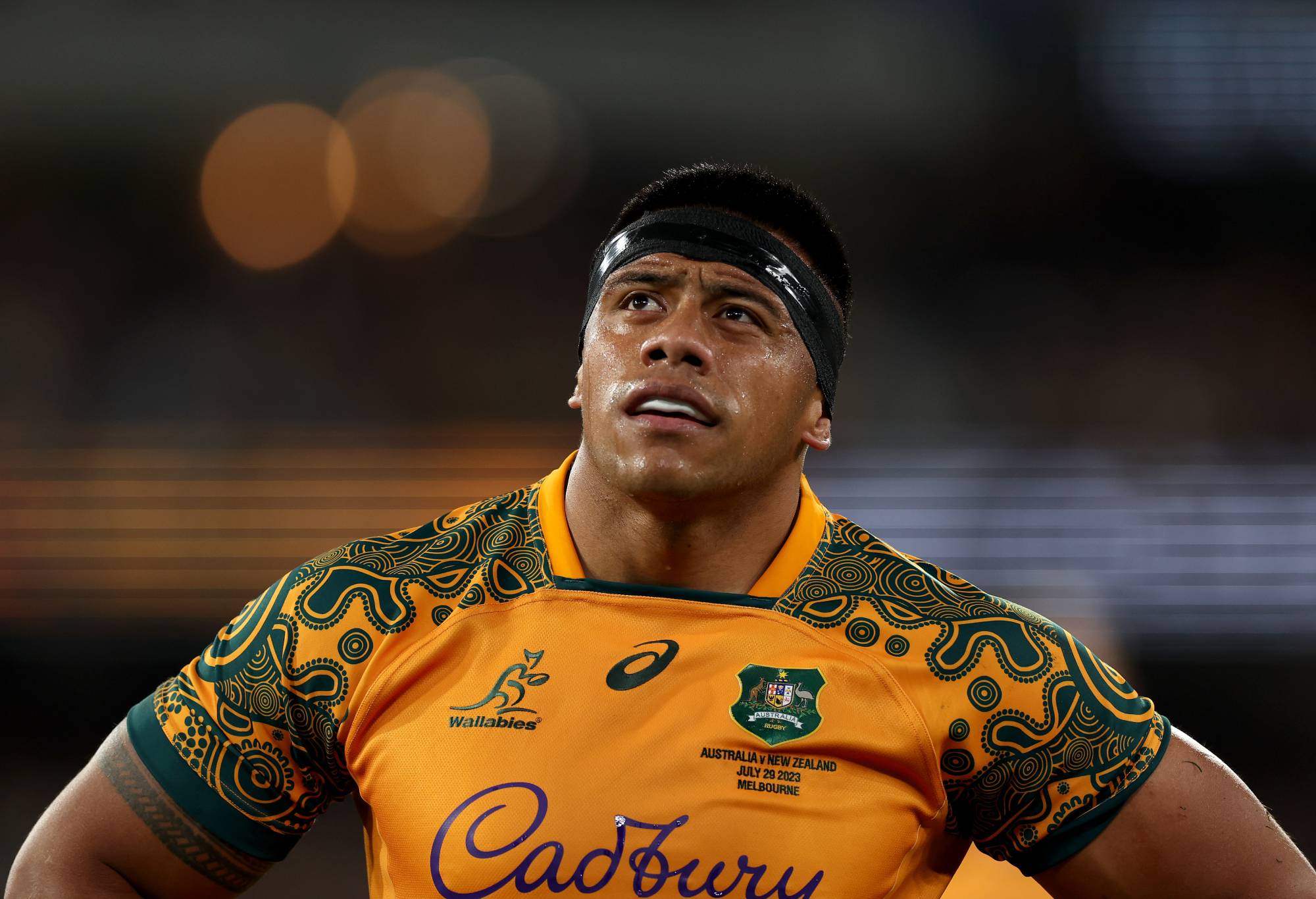
Allan Alaalatoa. (Photo by Cameron Spencer/Getty Images)
While Alaalatoa is a phenomenal starting option and Rhys Van Nek made the Australia XV side, a player with international experience is ideal. The Brumbies have rectified this with the recent signing of former Reds and Tongan international Feao Fotuaika, but with his arrival only announced this month he’ll be in catch-up mode once pre-season resumes in January.
As a result, the scrum still has question marks – and other challenges loom beyond that. While the Brumbies have enjoyed recent dominance over most of their Australian counterparts, 2025 will see a different landscape.
In 2024, Les Kiss’ Reds showed their potential across the competition, and a dangerous Waratahs squad in 2025 adds only further questions. That’s before you get to the banana skin that is the Western Force, whose recruitment of players sees the side get ever more dangerous.
The Brumbies won’t be able to rest on their laurels. The 2025 season will be their toughest yet, not just externally in aiming for that elusive title, but internally, with every Aussie side more ready than ever to challenge them as the best side in the country.
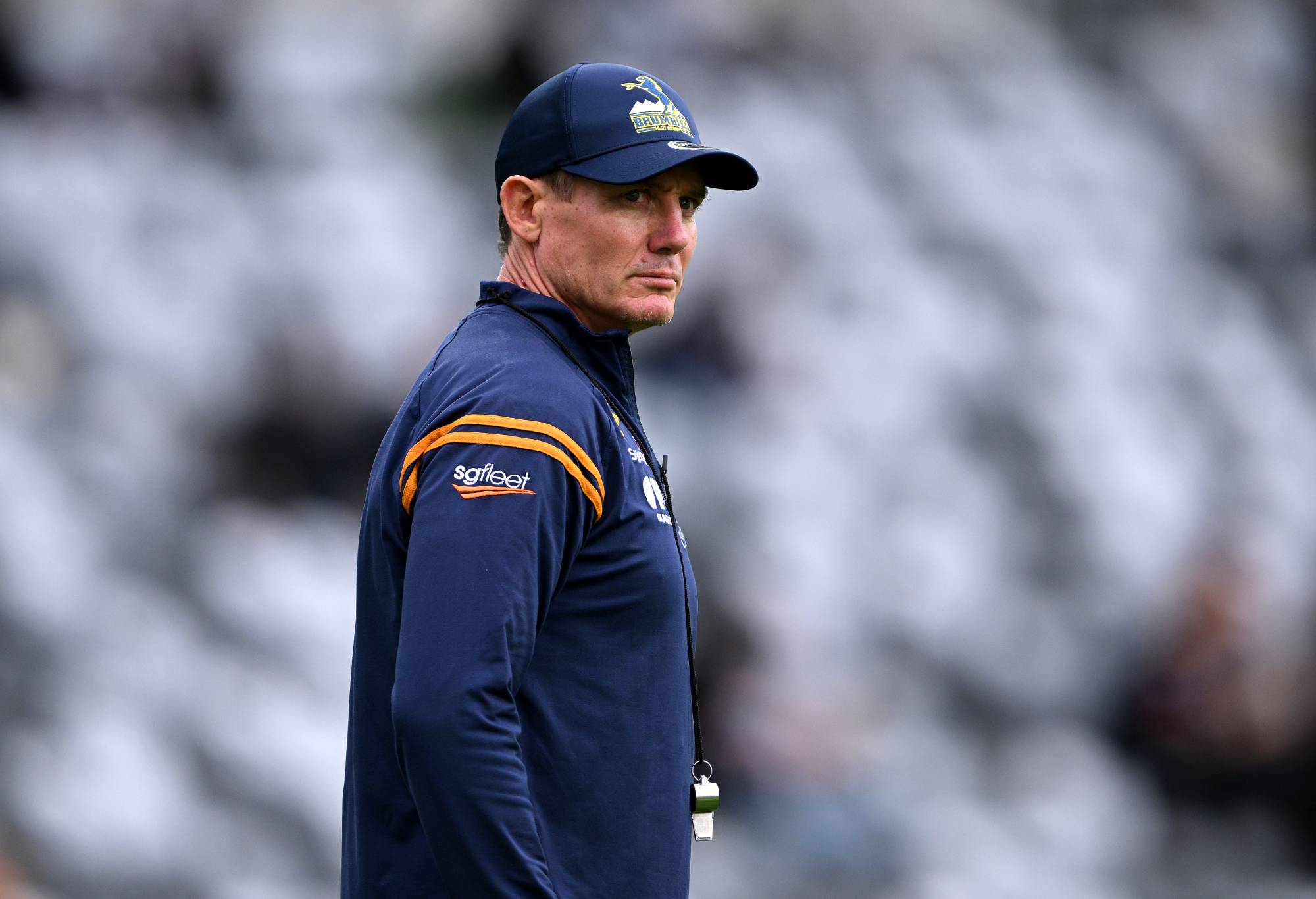
Stephen Larkham. (Photo by Joe Allison/Getty Images)
While it’s good to have this level of competitiveness domestically, as the team with the metaphorical target on their back, the Brumbies have the most to lose. It could see the chasing pack catch them – or it could galvanise them and give them that extra push they have been needing to grab Super Rugby by the scruff of the neck.
Up until this point, there is a reason the Brumbies have done so well. They have an established method of playing, and they select players who complement that. The identity is built, established and clear. It is why players are sticking around, they feel they can reach their full potential if they have a club system that plays to their natural strengths.
With signs ahead they will produce more talent in-house, there is nothing to suggest the club won’t continue to be extremely competitive.
The real question is, under Bernie, do they have enough in them to take that final step and win that elusive third title?

